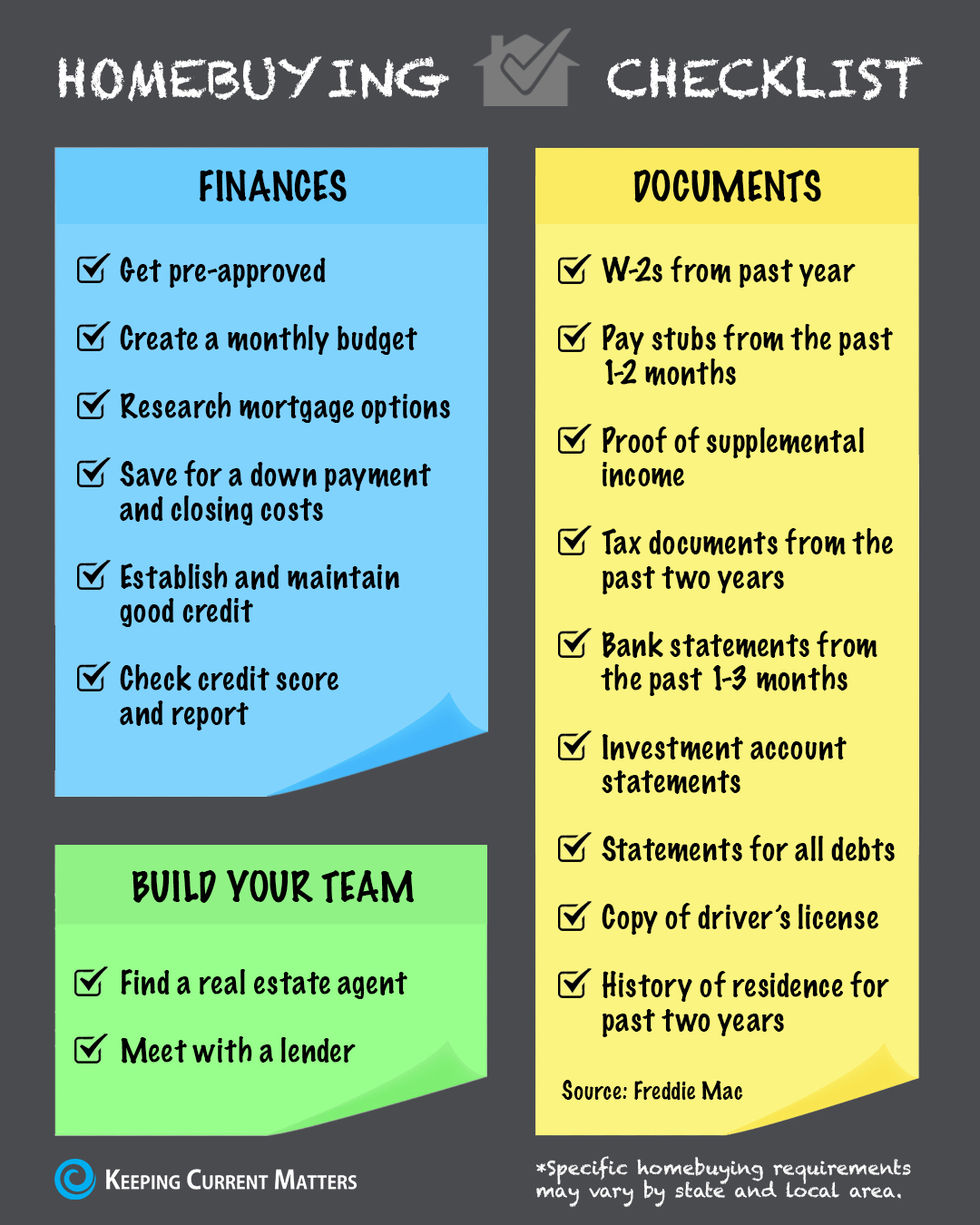Home Buyer: Inspection or No Inspection
by Concetta “Connie” Gallo 05/07/2020

Image by mohamed Hassan from Pixabay
As you move forward with your home purchase, your real estate agent may recommend that you have your home inspected. Sometimes the inspection is required by the lender or insurance company, but sometimes it’s an optional step. Buyers who have the option sometimes consider skipping the inspection to save a little cash. Before you say “no” to the inspection, consider these reasons that it may be an important safety measure to take.
1. The Ability to Walk Away
When buying a home, you want to be completely sure that you’re not buying a home with problems that will cost you thousands after closing. Making an offer contingent on the results of an inspection allows you to legally walk away from your purchase contract if the inspector finds a serious issue. Without an inspection and this contingency, your offer is legally binding, and walking away is a costly choice.
2. Ensure Your Home Is Safe
Home inspectors know how to find problems that aren’t clear to the naked eye. From electrical wiring problems to hidden mold or problems with the home’s structure, knowing about these issues will protect you from buying a home that’s not safe to live in.
3. Improve Your Negotiating Position
If the inspection finds something wrong with the home that will be costly to fix, you can still buy the home if you wish. Armed with the information from the inspection, you can ask the seller to make repairs or give you a different price to cover the problems found. For instance, if the roof is in need of major repair, you can make a new offer that requires the seller to make those repairs, or you can offer at a lower price, using the difference to cover the repairs. Your real estate agent will help you understand the requests that are reasonable as you craft a new offer.
4. Enjoy Peace of Mind
A home inspection gives you peace of mind that you are buying a quality home. When the inspector gives it a stamp of approval, you can know that you are unlikely to have serious surprises when you move in.
5. Find Pest Problems
You don’t want to move in only to discover termites or roaches in the home. Pests can often go undetected until a serious infestation is present, but an inspector knows how to find the hidden signs of pests. Finding pests doesn’t mean you need to avoid the home, but it does mean you should ask the seller for professional pest control measures before you close on the property.
An inspection is an important step when buying a home. The cost of the inspection is small in comparison to the peace of mind and protection it brings. Even if it’s not required, make sure you request an inspection on your next home purchase.

 Facebook
Facebook
 X
X
 Pinterest
Pinterest
 Copy Link
Copy Link




 As a home seller, it is crucial to do everything possible to prepare for a house showing. Yet determining the best ways to prep for a showing sometimes can be difficult. Fortunately, we’re here to help you get ready for any showing, at any time.
As a home seller, it is crucial to do everything possible to prepare for a house showing. Yet determining the best ways to prep for a showing sometimes can be difficult. Fortunately, we’re here to help you get ready for any showing, at any time.




 For home sellers who want to accomplish the optimal results, it is important to remain open to negotiations with buyers. There are many reasons why home sellers should negotiate with buyers, and these include:
For home sellers who want to accomplish the optimal results, it is important to remain open to negotiations with buyers. There are many reasons why home sellers should negotiate with buyers, and these include:
 Home showings are valuable parts of the property buying cycle. If a homebuyer knows what to expect during a showing, this individual can get the information that he or she needs to determine whether a particular house is the right option.
Home showings are valuable parts of the property buying cycle. If a homebuyer knows what to expect during a showing, this individual can get the information that he or she needs to determine whether a particular house is the right option.